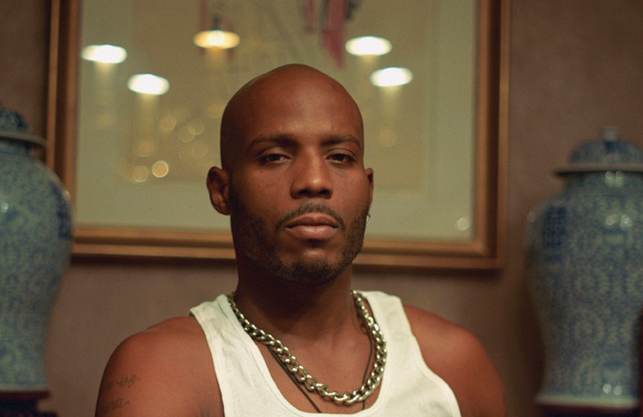A firestorm of controversy has swirled around Nate Parker and his film The Birth of a Nation in the two months since several media outlets revealed that Parker and his co-author, Jean McGianni Celestin, stood trial for raping a young woman in 1999.
Across the country, social media lit up as people debated Parker’s guilt, questioned whether to boycott the film, and expressed outrage about violence against women. As the storm raged, however, one critical issue went ignored. No one questioned the fundamental value or quality of the film.
Based on the standing ovations it received at the Sundance Film Festival, we assumed that The Birth of a Nation was inherently valuable, inspirational, educational, and transformative.
We were wrong.
The Birth of a Nation claims to tell the true story of Nat Turner, leader of the bloodiest slave rebellion in United States history. A film on Turner is long overdue, and as a professional historian of the black experience in the nineteenth century, I have anxiously awaited one.
I was especially encouraged by September’s issue of Vanity Fair, in which Parker stated that he had become “obsessed with the idea of telling Nat Turner’s story” and that he sought to create “historical fidelity in his depiction of the leader of the rebellion.”
Nearly everything in the movie is a complete fabrication.
After attending an advance screening of the film, however, I now know that Parker failed miserably in his mission. Contrary to his promises of “historical fidelity,” Parker created a deeply flawed, historically inaccurate movie that exploits and distorts Nat Turner’s story and the history of slavery in America.
Please see The Nation
https://www.thenation.com/article/the-birth-of-a-nation-is-an-epic-fail/







